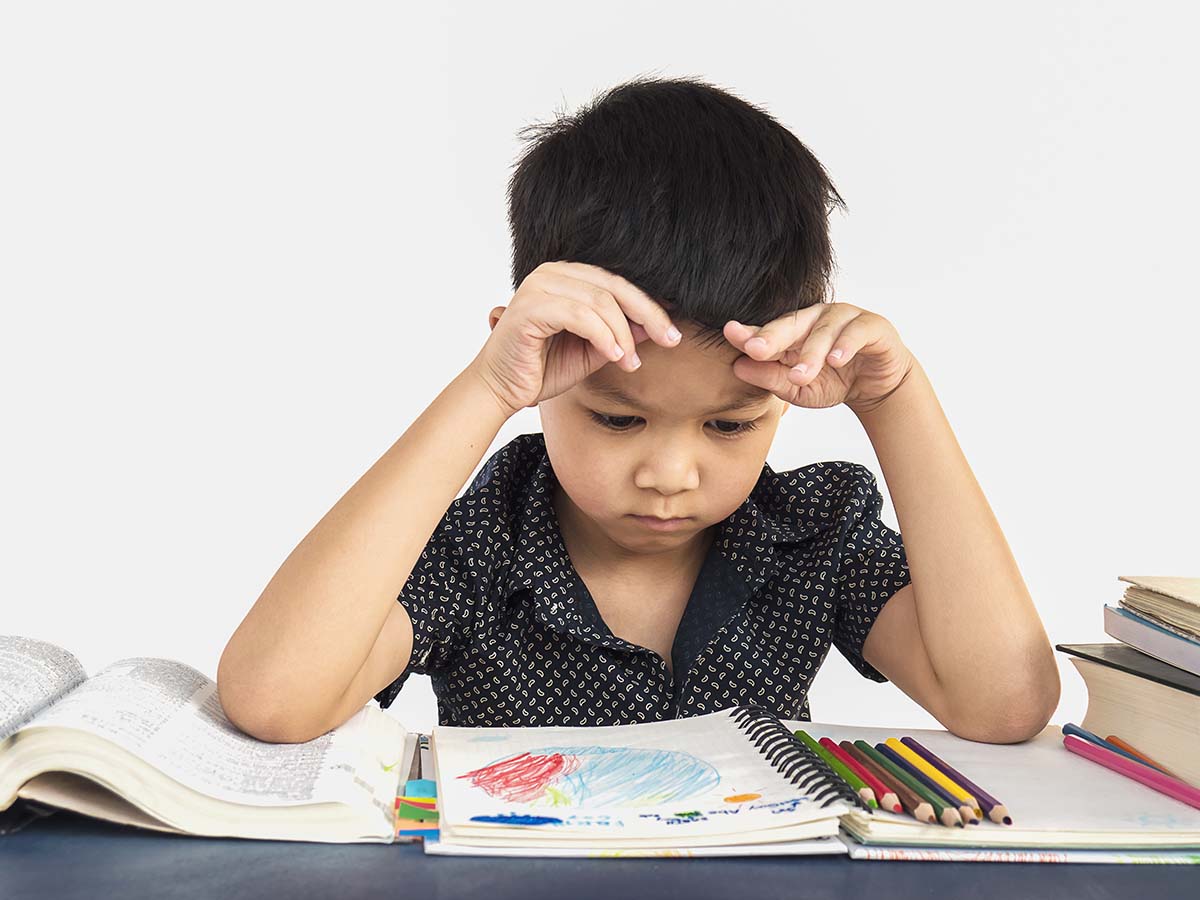
Photo Credit: Freepik.com
Understanding Learning Difficulties in Students
Is your child struggling at school? Does he or she fear reading out loud, reciting a poem, writing a paper, or attempting a math problem? Does he/she frequently want to take breaks while studying? Every kid has trouble with homework from time to time, but if a certain area of learning is consistently challenging, it might indicate a learning disorder. By understanding all you can about specific learning disabilities, you can ensure your child gets the right help to overcome classroom challenges and succeed in life.
What is a learning disability?
Specific Learning Disabilities are an umbrella term for a wide variety of learning problems. A learning disability is not a problem with intelligence or motivation. Children with learning disabilities aren’t lazy or dumb. In fact, most are just as smart as everyone else or even smarter. Their brains are simply wired differently. The most common types of specific learning disabilities involve problems with reading, writing, spelling, math, reasoning, listening, and speaking.
The term specific learning disability is used to describe a specific group of children, adolescents and adults who have problems in learning.
SLD is found across all ages and in all socio-economic classes.
Specific Learning Disability or S.L.D. is a condition where, in spite of having intelligence that ranges from average to above average, the child despite his/her best efforts, fails to develop adequate learning skills.
These children have deficits in psychological processes of learning such as attention, perception, memory or language development.
Deficits in any one or more of these processes are manifested as difficulties in learning to develop reading skills, writing skills, mathematical abilities, listening skills, speaking skills, motor abilities as well as social-emotional behaviour.
Learning disabilities look very different from one child to another. One child may struggle with reading and spelling, while another would love to read but couldn’t understand math. Still, another child may have difficulty understanding what others are saying. The problems are very different, but they are all learning conditions.
It’s not always easy to identify specific learning disabilities. Because of the wide disparities, there is no single symptom that you can look to as a problem. However, some warning signs are more common than others.
Change comes in various forms – whether it be a career shift, a relationship evolution, or a global pandemic. Research suggests that individuals respond differently to change based on their personality traits, past experiences, and coping mechanisms. The way we perceive change plays a crucial role in determining how well we adapt.
A study published in the Journal of Personality and Social Psychology found that individuals with a growth mindset, who see challenges as opportunities for learning and growth, tend to adapt more effectively to change.
Signs and symptoms of learning disabilities:
- Difficulty pronouncing words
- Difficulty in finding the right word
- Difficulty rhyming
- Difficulty in learning the alphabet, numbers, colours, shapes, days of the week, months of the year
- Difficulty following directions or learning sequences or following instructions
- Difficulty controlling crayons, pencils, and scissors, or coloring within the lines
- Concern with buttons, zippers, learning to tie shoe laces
- Difficulty in connecting letters and sounds
- Unable to blend sounds to make words
- Confuses basic words when reading
- Slow to learn new skills
- Consistently misspells words and makes frequent errors
- Difficulty in learning basic math concepts
- Difficulty telling time and remembering sequences
- Difficulty with reading comprehension or math skills
- Dislikes reading and writing; avoids reading aloud, avoids writing
- Poor handwriting
- Poor organizational skills
- Unable to sustain attention in classroom discussions and express thoughts aloud
- Spells the same word differently
- Confuses between left and right or before and after
- Uses reversals, rotations, addition or omission of letters or words or numbers
- May be awkward or clumsy
- Is inconsistent in behaviour and work
Early detection of a specific learning disability and symptoms that are identified early can be easier to correct.
You know your child better than anyone else does, so if you think there is a problem, Seek help.
You may connect with our expert team member Kashmira Kakalia.
To know more about the causes and types of specific learning disabilities read our next blog.
